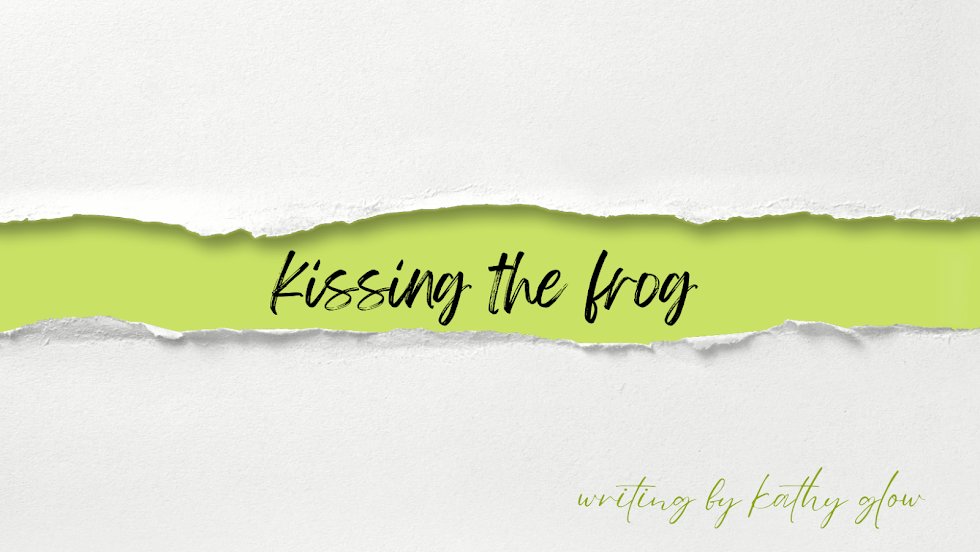After almost a three-year battle with pancreatic cancer, my mother passed away right after her 75th birthday on April 29th. Although I knew she was fighting an incurable disease, I never expected her to succumb to chemotherapy toxicity, rather than the cancer itself. She had been in the hospital for almost six weeks and each day I was by her side. On the one day off I took, my brother called my cell phone with the dismal report: I think she’s nearing the end. My throat tightened and went dry. I raced into the city and the three of us sat vigil until her heart and lungs eventually gave out.
What I discovered soon after my mother’s death was that my grief was pure and un-complicated. I felt blessed to have had such an amazing role model and nurturing parent. I was able to cope and move on with my life. I missed her, but I was doing okay.
Until I experienced another knee-buckling phone call, with
news that no parent should ever hear.
A mere two months after my mother’s death, my nine-year-old son was diagnosed with a rare, cancerous tumor in his bladder. Needless to say, our entire world was flipped upside down, as we quickly learned that our son would have to endure 46 weeks of chemotherapy in conjunction with radiation, surgery, or both. I was terrified of chemotherapy, not just because it meant cancer, but also because it contributed to my mother’s death.
I lost seven pounds in three days. I wasn’t sleeping. And yet, I managed to initially hold myself together, probably due to a combination of shock and adrenaline. It wasn’t until I was on the phone with my sister-in-law taking a break outside the hospital when I broke down.
“How am I supposed to go through this without my mom?” I wailed, making sure to be heard over the blaring New York City noise.
I had no idea how I would function without my mother - my biggest supporter - by my side. As it turned out, my husband felt the same way.
“We need your mom”, he said to me one night.
I looked at him, nodded, and then I cried.
My husband and I had each other to lean on of course, but we both felt very alone with this challenge. His family was not local and neither was mine, except for my dad, who was still mourning and vulnerable from losing his wife of 52 years. My dad was a huge help to us from a medical standpoint, but emotionally, he was still managing his own grief. I had a cousin and aunt in the area that continually offered to help us, but I knew they couldn’t replace my mom. I worried that their support would make me feel worse. I avoided their calls and sent emails to them that we were okay, even though we weren’t.
The friends that I had made in our wonderful community over
the past decade immediately swooped in and rescued my husband and me, throwing
us a life preserver before we drowned in helpless sorrow and worry. They
brought us meals, gifts for my son, and anything else they thought would
help sustain us. Naturally, my instinct was to call up my mom and tell her
about the beautiful acts of kindness that were surrounding our family each day.
When news of our crisis first filtered out, I had one friend
who said to me, “I don’t know why, but I think you’re being tested.”
I agreed with her, even though I searched for another reason
why this was happening to our family so soon after losing my mom.
Was this God’s way of distracting me from my grief about my
mother? I wasn’t a very religious person and neither was my mother. I could
imagine her response to that theory: “oh
please, that’s horse crap.”
I never considered myself to be a strong person. I was
overly sensitive for sure, with feelings that could easily be hurt if someone
spoke harshly to me or looked at me with disdain. I did not have the resilience
for this. At all.
I suppose the upside is that I didn’t have time to think
about my strength and capability too much. I had to act, not react. The early
days of arranging my son’s medical care were a blur of tests, appointments,
research, procedures, and finally starting treatment. Every mother wants to
protect her child and in the face of a scary illness, you don’t want to reveal
your own fear. I smiled, made jokes, and did everything possible to make our
hospital visits into adventurous episodes, rather than a frightening ordeal.
Most of the time, it worked. Sometimes, my son needed me to lay in bed with him
and hug him. I realized I needed the cuddling just as much. But, other times,
when his care was going smoothly and almost becoming routine, I’d crack jokes,
be silly, and try to make his treatments “fun.”
And then it dawned on me: That’s what my mom did with me
during her illness.
It all made a little bit of sense now. My mom was preparing
me to be a courageous mother for my son, just as she had been for me. I know
she’s proud of me now and every day I feel her smiling her trademark crooked
smile, as my son and I walk hand in hand into the hospital, laughing and joking
all the way there and back.
Emily is a writer and blogger at Oh Boy Mom. She is a mom to three boys,(ages 10, 13, and 16) and one girl dog. Emily is also an iced tea junkie and a tennis-playing fanatic whose game never improves. You can connect with her on Facebook and Twitter.


